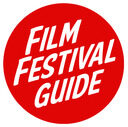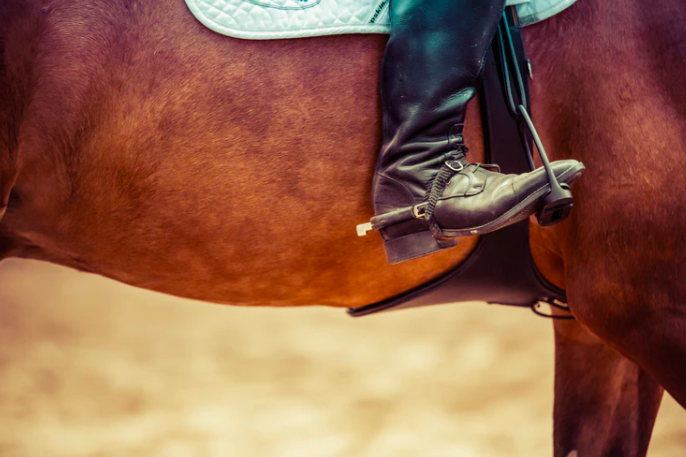Peter Davies talks to us about the triumphs and challenges in directing the documentary The Four Horsemen and sharing the story of four Aussie brothers who took on the Equestrian Polo world in the 1930′s. The Four Horsemen will screen at the Melbourne Documentary Film Festival in July,
How long it take you to make The Four Horsemen, you have put a lot of work into the film sourcing arrival footage, interviews and re-enactments.
Yes, a lot of work went into sourcing footage, photos, interviews and re-enactments but I had a good team around me to assist with the process. In all, production of the doco took a year and a half. A lot of research went into the process prior to filming, and great family assistance was provided when it came time to organise and digitise the mountain of photos and newspaper clippings of the brothers that existed. Documentaries always have mountains of footage to cut down, and ours was no different. Luckily I had the excellent Ren Thackham, who was a great help in laying down part of the base edit, and my wife Gauri whose feedback changed the entire back half of the film for the better.
Tell us about how you came across the Ashton Brothers story?
After the release of my short documentary Sub 30 in 2013, I was recommended to Wal and Sophie Ashton, a father-daughter team who were looking to tell their family’s story. Straight away I thought it would make a good doco – it was a great story and there were lots of photos, newspaper clippings and videos… even the property where the brothers lived and played was still in the family! These guys were legends in their time – titans of the game – I was excited to be a part of finally bringing their story to the screen.
What was the most challenging aspect in telling the story of the Ashton brothers?
Horse polo doesn’t get a lot of coverage these days, and so not a lot of people outside the polo communities know the rules and appeal of the sport.
So how do you make a doco engaging for those who don’t follow the sport?
I thought the best way to do this was to focus on the brothers themselves, the massive hardships they endured and how they were able to pull through. When the story turned to polo, I tried to keep it as simple as possible – and luckily Wal had access to some top rate polo players and horses who made our reenactment shots really exciting.
What advice would you give filmmakers working on their first documentary?
This was my first feature documentary, and it was a massive learning curve. But having gone through the motions on a smaller scale with a short documentary previously, I was able to take the lessons learned from that and apply them to this film. I would suggest, if you can, get a short documentary under your belt before you tackle a feature. They’re monsters, and they will suck the time from your life. But they’ll suck less time if you’ve cut your teeth first and you’ve learned to tell a tight, compact story.
What mistakes did you make in the process?
The edit took forever. I was sitting on a mountain of footage with infinite possibilities, and I was over thinking it. I think I cut 20-25 different versions of the film before I settled on the final edit. Hundreds of hours, very little sleep. Finally, it took my wife to tell it to me straight that I was over thinking things and to just tell the story simply. She was right, as she often is (but don’t tell her that!), and the feedback from the Ashton family and the wider polo community has been fantastic.
What advice would you give filmmakers in entering their film into film festivals?
Do your research and be optimistic!
What are you working on next?
My wife and I fulfilled a life long dream three months ago by moving to the UK. We have travelled a lot in that time, and I have been creating a bunch of travel related video content for Viral Guerrilla – a travel Facebook page.
The Four Horsemen is screening in the Melbourne Documentary Film Festival.

